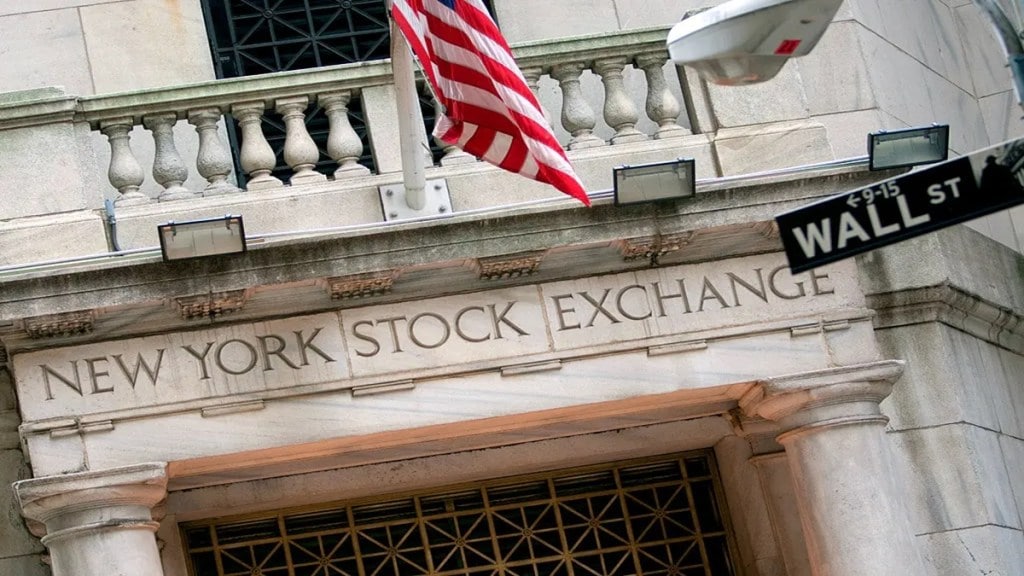The US stock market and the global financial sphere are expected to heat up in the first week of November. Americans go to vote on November 5 while the US Federal Reserve’s FOMC meeting takes place on November 6-7.
But, before the US election results are announced and the victory for either the Democrats or the Republicans is declared, enough set of economic data flows in. Some key data points before elections roll in include US CPI, unemployment, PCE, jobless claims etc for September and October.
US Fed in the FOMC meeting to be held on September 17-18 is expected to cut the rate by 0.25%.
Raghvendra Nath, MD, Ladderup Wealth Management says, “The U.S. presidential election is a significant event with global implications, as it can influence the worldwide economy and stock markets. The outcome of the election will shape economic and fiscal policies for the coming years.
Typically, the Republican Party advocates for lower business taxes. Given the current economic climate, such a move could potentially increase inflationary pressures.
On the other hand, if the Democrats win, they are expected to maintain their existing economic and fiscal policies, likely resulting in no major impact on the markets considering the policy continuity.”
Notwithstanding the economic picture, the elections are also expected to bring in a lot of volatility in the markets. But, will it – let’s see what history says.
In an earlier study by Hamish Preston, Director, U.S. Equity Indices at S&P Dow Jones Indices wrote S&P 500 typically rose during U.S. Presidential election years: the benchmark posted a positive price return in 17 of the last 23 election years. However, Preston goes on to state that the volatility and risk-adjusted returns have been similar across election and non-election years. “Although it can be difficult to identify a clear impact of U.S. Presidential elections at a market level, there appears to have been considerable impact at a sector level,” writes Preston in his report.
Since the last US elections, S&P 500 is up almost 75% which is nearly 12% annualized. The economy, despite ongoing recession discussions for the past 1-2 years, appears to be experiencing a soft landing amidst higher rate scenarios.
Subho Moulik, Founder & CEO, Appreciate says, “Historical evidence going back to 1927 suggests that the incumbent party loses 70% of the time, when elections are held in a recessionary year. Additionally, the incumbent also typically loses when the economy slips into a recession in the 12 months following the election.
While there are no strong recessionary trends that negatively impact the incumbent Democratic ticket, inflation is a negative indicator for the incumbent. All in all – even on the economic dimension – this election appears to be a toss-up.”
Talking of the impact of elections on equity investments, “Market returns will ultimately be driven by the robust performance of the U.S. economy,” says Nath. Whether it is Republicans or the Democrats, history shows that the markets in the long run drift upwards.

